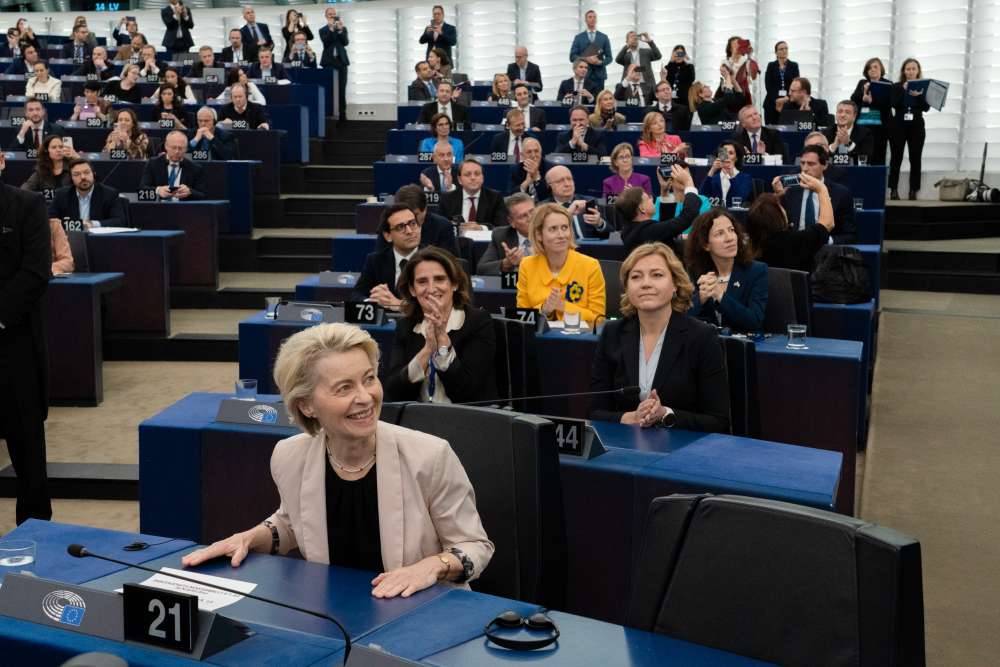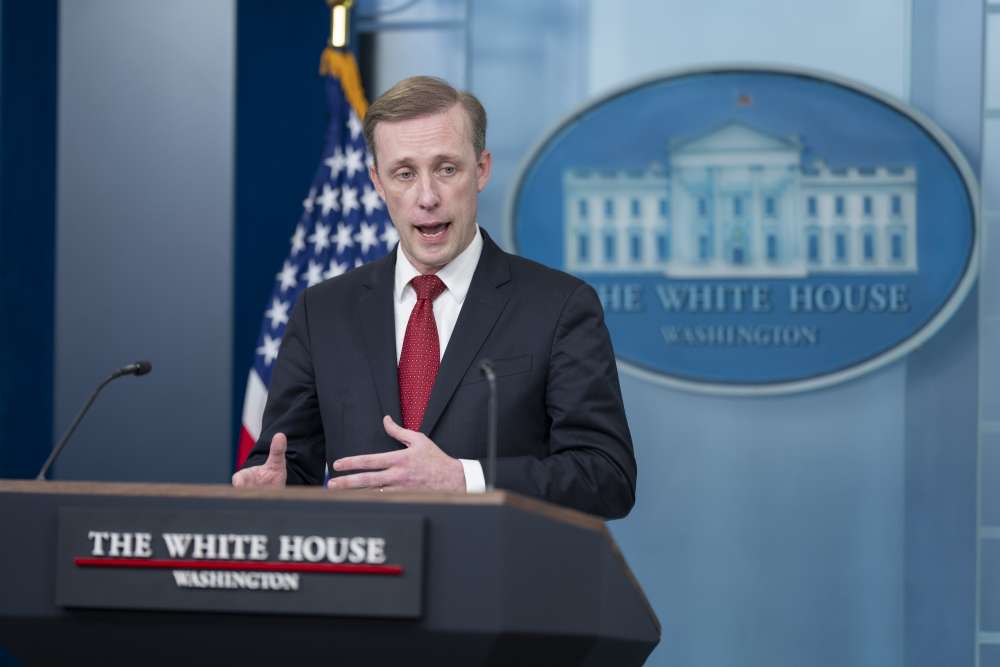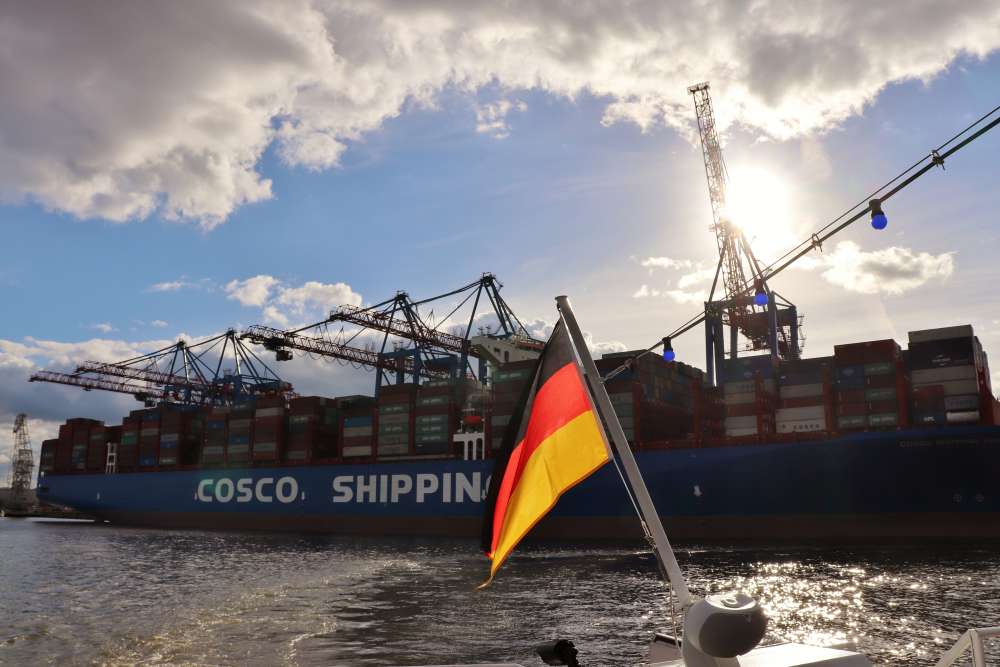How European Internet Foreign Policy Can Compete in a Fragmented World

The “free and open” approach to internet governance originated in the US and emphasized (self-)regulation through multi-stakeholder governance processes. Using the words of US president Clinton’s internet czar Ira Magaziner, this approach argued “against a traditional regulatory role for government.” It contributed to the many early advances that the internet and the information and communication technologies (ICT) running on it have made possible, among them the strengthening of human rights and economic growth.
That approach is now under fire on multiple fronts.
Authoritarian governments are quickly gaining ground in their efforts to control the flow of data and information. China in particular has built the technical and institutional capacity to not just limit the threats that the internet poses to the party’s authoritarian rule, but to use technology to deepen the state’s ability to exert absolute control over the lives of its citizens. China (alongside Russia and others) has also intensified its efforts to promote its approach to internet regulation abroad, directly challenging the “free and open” philosophy espoused by many democratically governed nations.
At the same time, the ultra-libertarian version of “free and open” has also been challenged by liberal democracies, especially in Europe. EU countries had originally supported the US approach to internet (foreign) policy. However, as the internet morphed from a medium for a few to the medium that organizes everyday economic, political, and personal life, democratic governments in Europe realized they had a duty toward their citizens to pursue a stronger regulatory role to guarantee rights and correct market failures. They now face charges of inconsistency, or outright hypocrisy, because their domestic regulatory action is seen as contradicting the original doctrine of an internet that is free and open, with a minimalistic role for government.
The trend of stronger regulation at the national level (in both authoritarian states and liberal democracies) is leading to a more fragmented internet, especially regarding access to applications and content. European democracies need to recast their internet foreign policies in order to tackle these challenges. To do so, they can take action on three fronts:
- Strengthening European and — more broadly — Western credibility and messaging;
- Winning new allies and building coalitions;
- Addressing the cross-border implications of internet fragmentation by improving legal and technical interoperability.
For Europe and its allies, it is time to enter the competition on internet foreign policy with a clear understanding of the challenges from abroad and a clear idea of their own goals and ways to shape global (internet) governance. “Free and open,” correctly understood, is still the appropriate guiding star for European internet (foreign) policy; yet it is necessary to re-define these terms for today’s world.
…
The full paper and executive summary are available for download.
Research for this project was funded by the International Cyber Policy Coordination Staff at the German Federal Foreign Office.







